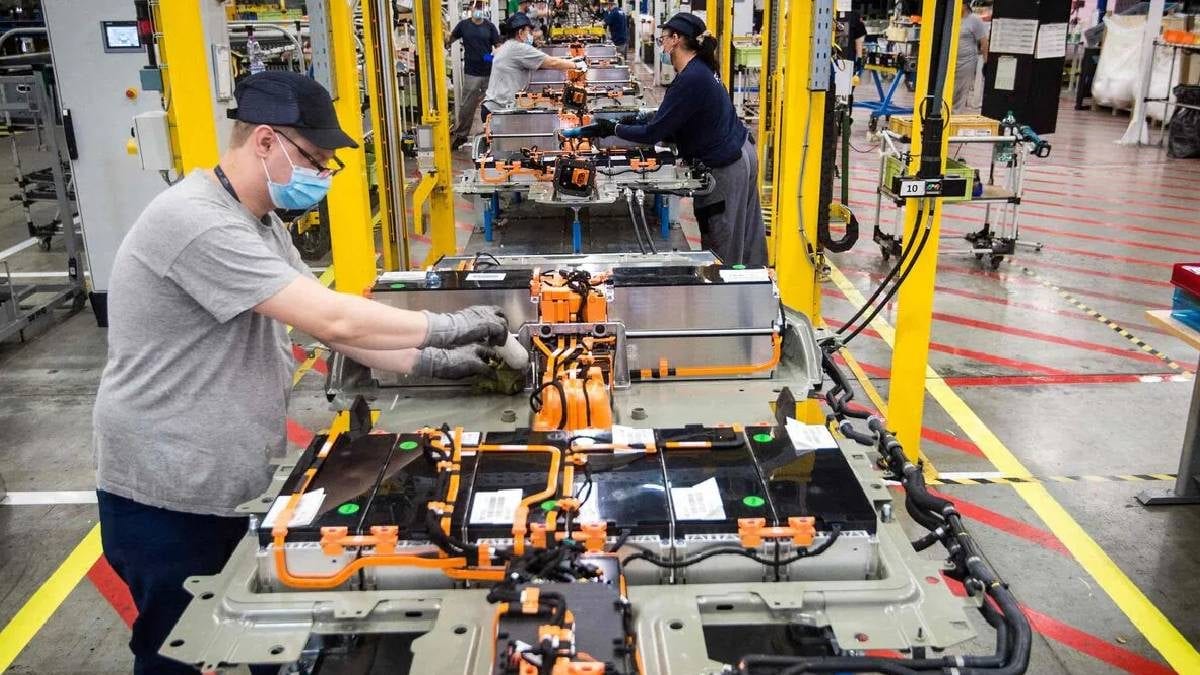Experts and analysts predict that there will be a huge recycling opportunity in the upcoming years. (Photo: HT Auto)
With an average lifespan of 5-8 years, recyclers are trying to get value out of these wasted EV batteries.
Startups engaged in the domestic recycling of e-waste are preparing to take advantage of a promising new source of income: recycling lithium-ion batteries from electric vehicles (EVs), which are nearing the end of their useful lives.
According to Financial Express, recyclers are attempting to extract value from these used EV batteries, which typically have a lifespan of 5-8 years. EVs gained popularity in India in 2017-18, and the first wave of batteries from those early models are now nearing the end of their life cycle and entering the recycling process.
“The first set of EVs sold in India is about to retire now, and some of the batteries have already started coming back to the market for recycling,” Nitin Gupta, co-founder, and CEO of Attero Recycling said as quoted by Financial Express. Attero Recycling is an e-waste firm established in Noida in the year 2008.
But, as per ALN Rao, CEO of Exigo, another reason for the rise is that numerous of these electric two- and three-wheelers launched in the first wave are experiencing faster performance decline, necessitating earlier battery replacement than projected.
The influx of end-of-life EV batteries has already influenced Indian recyclers’ volumes, sales, and profits. In FY22, Li-ion batteries obtained from EVs accounted for only 6-7 per cent of BatX Energies’ overall recycling volume.
A year later, in FY23, this section has more than doubled to almost 15 per cent. By the end of FY24, it is expected that EV batteries would account for 56 percent of BatX’s recycling volume.
According to statistics compiled by TheKredible, the trend is noticeable across the industry’s leading competitors. End-of-life batteries from EVs presently account for 10 percent of Attero’s recycling volume, which is predicted to increase by the end of FY24 as more batteries reach the end of their life cycle.
Lohum Cleantech, a newer firm, now generates more than half of its income from the EV battery recycling vertical, which spans both domestic and international markets.
With other major vehicle markets, like Europe, vigorously promoting EV use, the chances for Indian recyclers to expand their worldwide presence appear promising.






